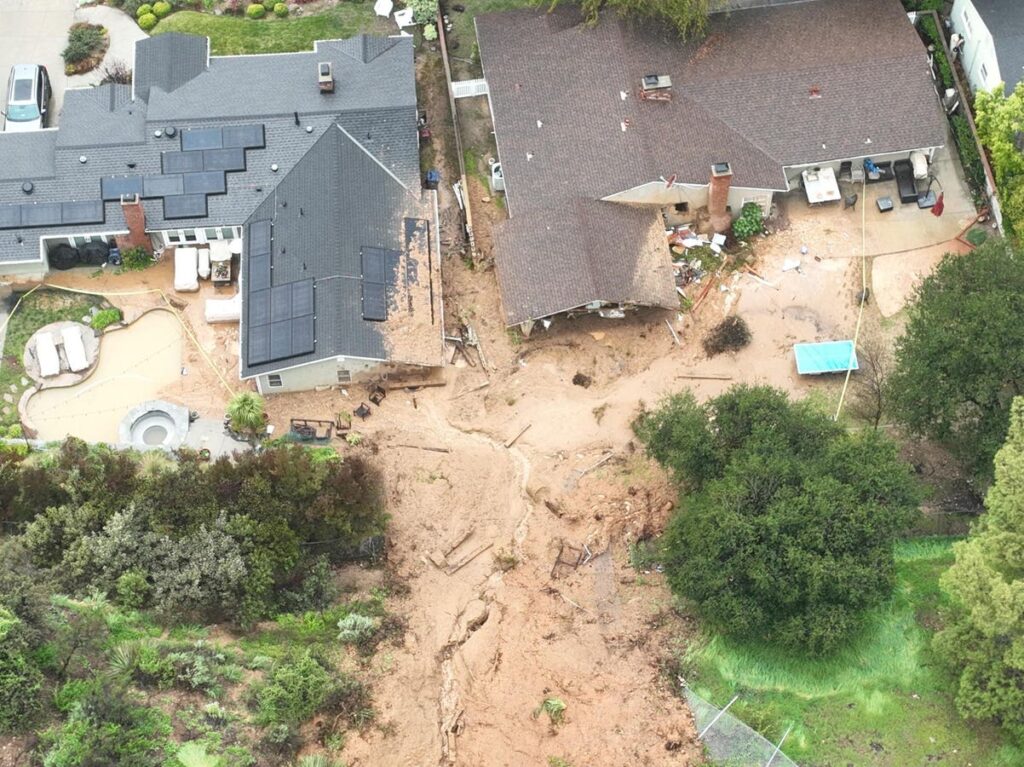
The U.S. is spending $1 million to mitigate landslides on the rise
In a bid to address the growing threat of landslides across the country, the US Geological Survey (USGS) has allocated $1 million in funding to support projects in Arizona, Colorado, Georgia, Indiana, Kentucky, North Carolina, North Dakota, Oregon, Utah and Washington.
A significant portion of this grant will be used by the Utah Geological Survey to fund a landslide inventory project in mountain area valleys along the Wasatch Front. This region is experiencing rapid urbanization, with housing developments expanding into steeper slope areas that are more prone to landslides. The project aims to create a comprehensive database of landslide hazards and risks in these regions.
The recent passage of the National Landslide Preparedness Act has provided momentum for this increased focus on preventing landslides and improving emergency response. The USGS is now required to develop a national strategy on landslide hazards and lower risks, as well as maintain a public database of these hazards and risks.
Additionally, the USGS must expand early warning systems for flash floods and debris flows, create procedures for rapid deployment of scientists, equipment, and services in landslide-affected areas during emergencies. Collaboration with other federal agencies such as the Federal Emergency Management Agency (FEMA) is also expected.
Tragically, landslides have already claimed over 100 lives in California alone since 1995, with many more affected by property damage and economic losses. In Utah, there have been numerous fatalities due to landslides, with 342 recorded deaths since 1850.
Landslide-related debris flows are particularly dangerous, as they can occur rapidly without warning and cause significant damage. FEMA’s “Be Prepared for a Landslide” guide advises individuals under landslide warnings to evacuate early, watch for signs of flooding, listen to emergency information and alerts.
This increased focus on landslide mitigation will enable state and local governments to better prepare for disasters amid the backdrop of climate change and its associated extreme weather events and wildfires.
Source: www.forbes.com


